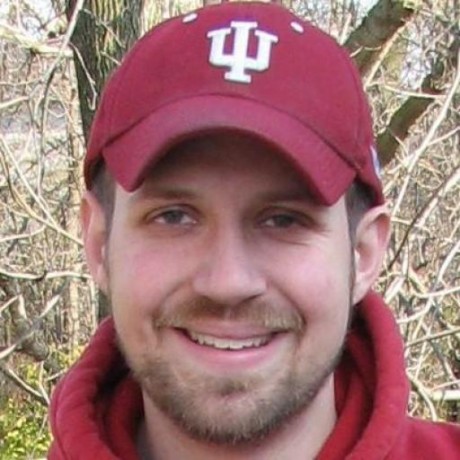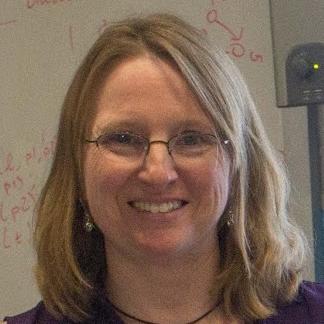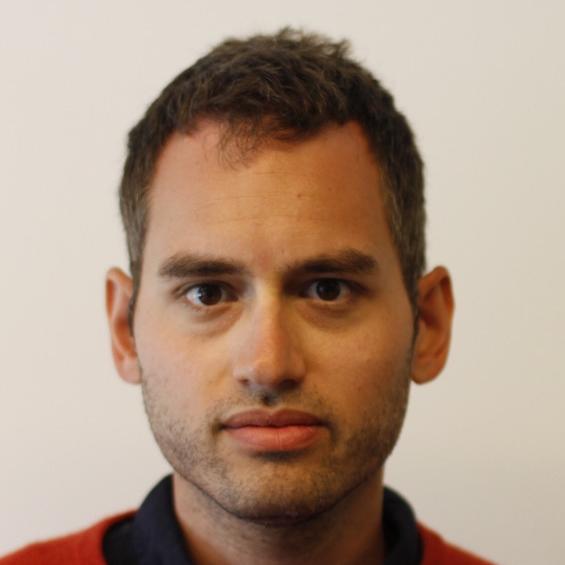Typelevel Summit Boston
on March 20, 2018 at Broad Institute, Cambridge, Massachusetts

About the Summit
The fifth Typelevel Summit will once again be co-located with the Northeast Scala Symposium in Cambridge, Massachusetts, with one day of recorded talks and one day of (shared) unconference. The unconference will happen on March 18, NE Scala on March 19, and finally, the Summit on March 20. For tickets and other information about attending, please visit the website of the Northeast Scala Symposium.
The Summits are open to all, not just current contributors to and users of the Typelevel projects, and we are especially keen to encourage participation from people who are new to them. Whilst many of the Typelevel projects use somewhat “advanced” Scala, they are a lot more approachable than many people think, and a major part of Typelevel’s mission is to make the ideas they embody much more widely accessible. If you’re interested in types and pure functional programming we’d love to see you here!
This is a community conference and we strive to make it an inclusive and fulfilling event for all participants. All attendees, speakers, and organizers must abide by the Typelevel Code of Conduct.
Speakers and Schedule
| Time | Talk |
|---|---|
| 8:15 |
Registration & Breakfast by Clover Food Labs |
| 9:00 |
Opening Remarks |
| 9:05 |
http4s: pure, typeful, functional HTTP in Scala
http4s embraces cats.data.Kleisli for service definitions and fs2.Stream for payload processing. With its foundation on these simple types, we’ll take a whirlwind tour of how http4s can: plug into your functional business logic snap together... More |
| 9:40 |
Break |
| 9:55 |
Opaque types: understanding SIP-35
Proposed in SIP-35, opaque types introduce a way to define types which only exist at compile-time. Despite some superficial similarities to value classes, opaque types are significantly more flexible and introduce a number of exciting new possibil... More |
| 10:30 |
Big Data at the Intersection of Typed FP and Category Theory
Big data, functional programming, and category theory aren’t just three trendy topics smashed into a talk title as bait! Foundational ideas from typed functional programming and category theory have real and practical applications for working with... More |
| 11:05 |
Break |
| 11:20 |
Tracking with Writer Monad
This talk will tell the story of one team at eBay which used to do data tracking in a healthy side-effecting manner. Until the team realized that it’s not that healthy. The solution was found in a Writer Monad (residing in the cats library) as wel... More |
| 11:40 |
Duality and How to Delete Half (minus ε) of Your Code
In functional programming, we often refer to category theory to explain various concepts. We’ll go over where these concepts do and don’t map well to Scala, as well as what duality is, how we can take advantage of it in Scala, and how to distingui... More |
| 12:15 |
Lunch on your own out in Kendall Square |
| 14:00 |
Keynote: Planning for Rainfall
Soloway's Rainfall problem, a classic benchmark in computing education research, has proven difficult for many CS1 students. Rainfall tests students' abilities at plan composition, the task of integrating code fragments that implement subparts of... More |
| 15:05 |
Break |
| 15:20 |
Why Monads?
Monads remain a somewhat mysterious concept in Functional Programming, even though the number of tutorials and blog posts trying to “monadsplain” is at an all-time high. Rather than answering the classical question “What is a Monad?”, we are going... More |
| 15:55 |
Pants and Monorepos
Large or quickly growing projects that consist of many interdependent sub-projects with complex dependencies on third-party libraries can be difficult to handle with standard language build tools. Add on to that code generators and the use of mult... More |
| 16:15 |
Break |
| 16:30 |
Declarative Control Flow with fs2 Stream
fs2 is a purely functional streaming library, with support for concurrent and nondeterministic merging of arbitrary streams. Concurrency support means that we can use Stream not only to process data in constant memory, but also as a very general a... More |
| 17:05 |
Scalafix @ Twitter scale
Scalafix is a fairly popular OSS tool that is useful for performing syntactic and semantic rewrites of Scala code. At Twitter we use it for migration to new library interfaces and maintenance of code health by removal of deprecated code. In this t... More |
| 17:25 |
Closing Remarks |
Sponsors
We’d like to thank all our sponsors who help to make the Summit happen:











